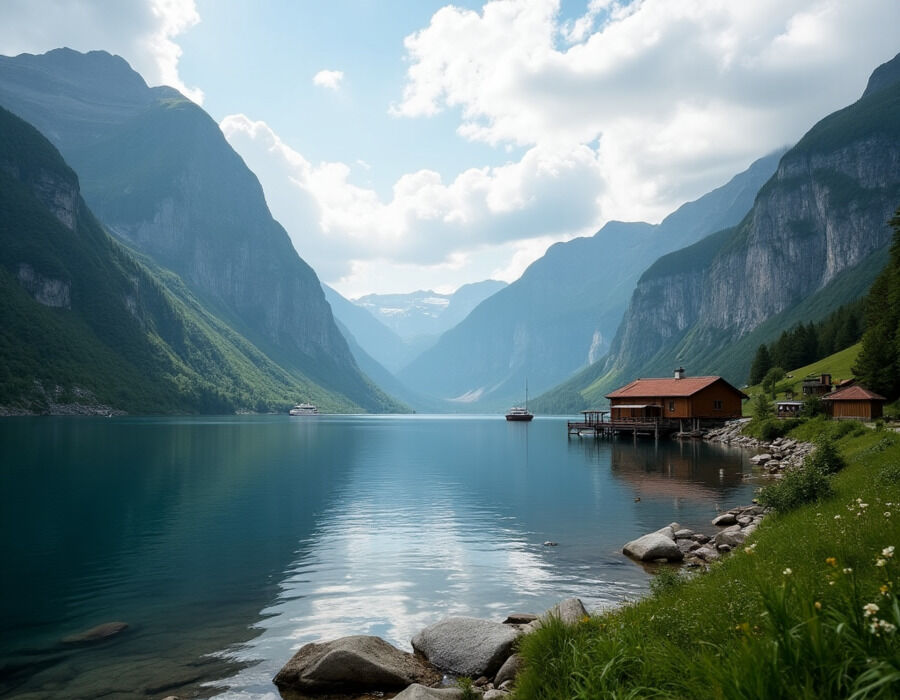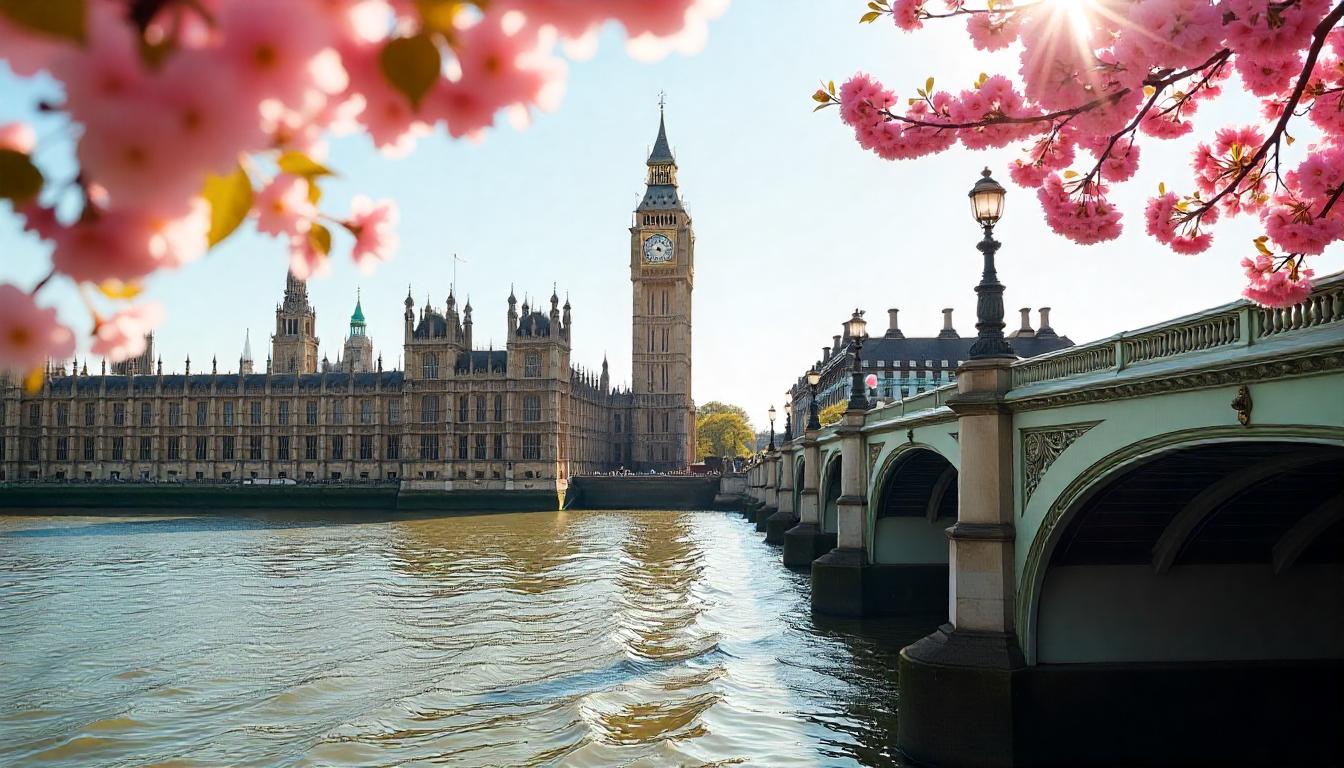≡-Norway Announces Powerful Sustainable Tourism Tax to Protect Scenic Fjords Strengthen Local Services and Tackle Rising Visitor Impact – Viral of Today
<> Viral of Today <>
Home » NORWAY TRAVEL NEWS » Norway Announces Powerful Sustainable Tourism Tax to Protect Scenic Fjords Strengthen Local Services and Tackle Rising Visitor Impact Saturday, June 28, 2025Norway, celebrated worldwide for its breathtaking fjords, unspoiled wilderness, and northern lights magic, is taking a bold step to protect its treasured landscapes from the growing pressures of tourism. With international arrivals expected to reach over six million in 2025, the government is introducing a transformative tourist tax aimed at safeguarding its iconic natural sites while supporting essential local infrastructure. This eco-conscious initiative will help reduce the environmental strain caused by overtourism, improve public amenities, and ensure that communities hosting visitors receive direct benefits. By implementing a targeted, seasonal levy, Norway is reinforcing its commitment to sustainable travel and positioning itself as a global leader in responsible tourism management.Norway to Introduce Targeted Tourist Tax in 2026 to Preserve Natural Beauty and Ease Infrastructure PressureNorway, renowned for its awe-inspiring natural wonders—from the majestic fjords of the west coast to the ethereal allure of the northern lights—continues to attract millions of travelers each year. In 2024, the country welcomed approximately six million two hundred thousand international tourists, a number that is expected to climb even higher in 2025 to around six million two hundred eighty thousand arrivals. The majority of these visitors hail from European nations, with Germany, Sweden, the Netherlands, Denmark, and the United Kingdom leading the inbound travel market.As tourism steadily rises, so too does the demand on Norway’s fragile ecosystems and public infrastructure. To proactively address these challenges, the Norwegian government has approved a new legislative framework allowing for the introduction of a tourist tax beginning in the summer of 2026. This locally implemented levy is designed not only to generate essential funding for sustainable tourism initiatives but also to protect the nation’s celebrated landscapes and alleviate pressure on overburdened municipalities.Unlike a blanket nationwide tax, which was debated and ultimately dismissed by parliament, this new measure permits individual municipalities to apply a targeted three percent fee on overnight stays. This fee will be added to hotel bills and short-term accommodations, such as Airbnb rentals, making the cost directly visible to tourists. Cruise passengers disembarking in Norwegian ports will also be subject to the tax. However, to encourage outdoor tourism and reduce burden on budget travelers, campsites and marinas have been excluded from the scheme.The legislation has been crafted with a strong emphasis on accountability and purposeful application. Any municipality wishing to impose the tax must first provide evidence that tourism is placing significant pressure on local services, such as waste disposal, transportation networks, or public amenities. Furthermore, they are required to submit a comprehensive plan outlining how the collected funds will be used to enhance visitor infrastructure and protect natural resources. These proposals will undergo governmental review to ensure responsible and transparent use of the revenue.Some of Norway’s most visited destinations are expected to be among the first to adopt the tax. Cities like Bergen and Tromsø—popular for their cultural vibrancy and proximity to iconic landscapes—are leading candidates. The capital city, Oslo, may also follow suit depending on the outcome of municipal assessments. Natural attractions facing increasing visitor volumes, such as the UNESCO-listed Geirangerfjord and the picturesque Lofoten Islands, are also likely to introduce the tax.Importantly, all proceeds from the tax will be ring-fenced for reinvestment into tourism-related services. This includes trail restoration, maintenance of scenic lookouts, upkeep of public restrooms, waste management, and enhanced visitor guidance systems. Municipal authorities will also have the ability to adjust the tax seasonally—implementing higher rates during peak travel periods and scaling back in the off-season to balance visitor flow.The initiative underscores Norway’s commitment to sustainable tourism and its desire to maintain the country’s pristine image for generations to come. By placing the responsibility of implementation at the local level, authorities aim to create a flexible and responsive system that meets the unique needs of each destination.A formal review of the policy is scheduled to take place three years after its rollout. This evaluation will allow policymakers to measure its effectiveness, adjust tax rates if necessary, and refine the program based on feedback from municipalities, tourism operators, and environmental advocates.Norway is introducing a powerful new tourism tax to protect its world-famous natural wonders, ease overtourism pressures, and strengthen local infrastructure. This bold move ensures sustainable travel while directly benefiting the communities that welcome millions of visitors each year.Ultimately, the move positions Norway as part of a growing trend among environmentally conscious destinations. As global travel rebounds post-pandemic and ecological awareness grows, more countries are seeking ways to strike a balance between economic gain and environmental stewardship. Norway’s localized tourist tax serves as a case study in how targeted policy, community oversight, and responsible planning can work together to ensure tourism remains a force for good.«Enjoyed this post? Never miss out on future posts by following us»
This information will surprise you!
See also
- Read until the end to discover everything.
- Important information you need to know.
- Interesting facts and helpful tips.
Conclusion
Did you enjoy the news? Keep following us daily!













